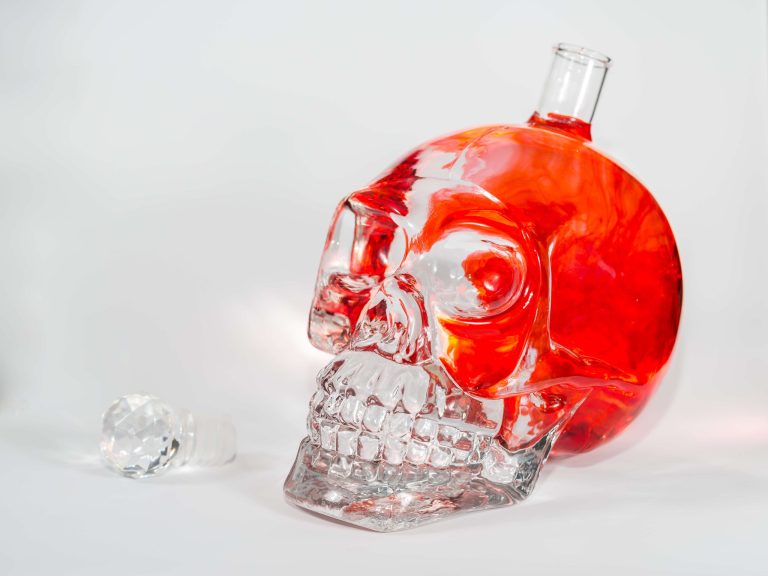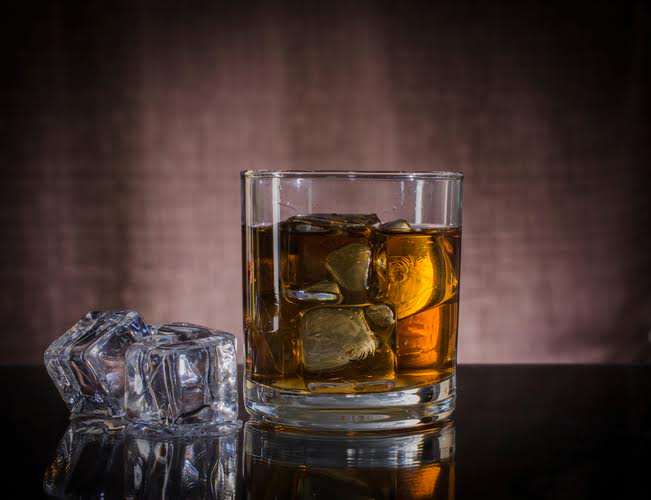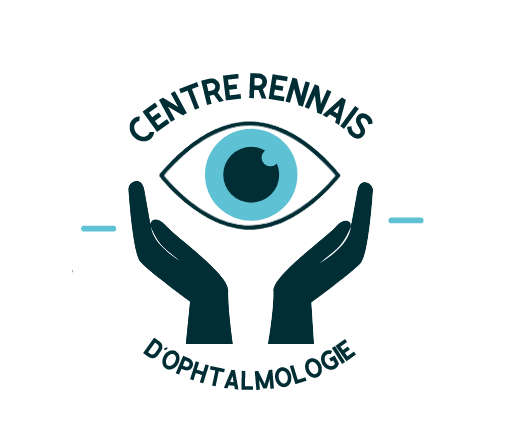Accountants For Self Employed ️ TaxBite Accountants
19 de octubre de 2020Why Alcohol Affects You More As You Age
26 de octubre de 2020Mr. B was diagnosed with panic disorder according to the DSM-IV-TR criteria and was treated with paroxetine, initially 10 mg/day and gradually increased to 40 mg/day. He achieved remission of the panic attacks but was still presenting with limited symptom attacks related to stressful and threatening places or situations at 3 months’ follow-up. The physical effects of alcohol consumption, such as increased heart rate and changes in blood sugar levels, can mimic symptoms of anxiety. For those prone to panic attacks, these sensations may be interpreted as signs of impending danger, potentially sparking a full-blown episode of intense fear and discomfort. Additionally, alcohol disrupts the balance of neurotransmitters in the brain, which can exacerbate anxiety symptoms and increase vulnerability to panic attacks. Not everyone who drinks alcohol will experience panic attacks, as individual susceptibility plays a significant role.
Strategies for Reducing Caffeine and Alcohol Consumption
Reducing alcohol intake or seeking help for alcohol dependence can significantly impact the frequency and severity of anxiety attacks. Additionally, alcohol indirectly increases the release of dopamine, an important neurotransmitter in the brain’s reward system. This increase in dopamine contributes to the rewarding and addictive properties of alcohol. Serotonin, another neurotransmitter involved in does alcohol cause panic attacks mood regulation, is also increased by alcohol consumption, further enhancing the rewarding aspect of drinking.

How Anxiety Can Create Circulation Problems
Ask friends or family to help you regulate the amount of alcohol you consume when you’re out. If you are the kind of person who benefits from shared experiences and community, then a 12-Step support group may be an excellent fit. Twelve-step support groups aren’t for everyone, but they can be highly effective if you’re marijuana addiction actively engaged. With a little help and targeted effort, you can reduce those risks.
Treating Anxiety And Alcohol Abuse
If you experience anxiety and panic after a night of drinking, you may be experiencing hangxiety. Symptoms of a panic attack include a racing heartbeat, feeling faint, dizzy, lightheaded, or sick. Remember that withdrawing from alcohol can also cause symptoms of anxiety.
Practice mindfulness, deep breathing, and relaxation techniques
Many people use alcohol to cope with anxiety, thinking it will help in stressful situations. While alcohol can calm anxiety temporarily, it only makes things worse in the long run. Even small amounts of alcohol https://ecosoberhouse.com/ trigger a detox process in your body, affecting your central nervous system and causing anxious feelings.
Even though alcohol is a depressive and not a stimulant, it can still cause some symptoms that may mimic a panic attack, including heart palpitations and increased sweating. If you’re already at risk for panic attacks, these could make you feel more anxious. With the support of a therapist, you can overcome the use of alcohol to manage your anxiety symptoms and learn healthier ways of coping with panic attacks. That means that if you have alcohol use disorder, you’re more likely to also have anxiety, and vice versa. Research has found that panic disorder and alcohol use disorder often show up together.

Pre-existing anxiety disorders, such as generalized anxiety disorder, social anxiety disorder, or panic disorder, increase an individual’s vulnerability to alcohol-induced panic attacks. Individuals who use alcohol as a coping mechanism for existing anxiety may inadvertently worsen their condition. For individuals with alcohol use disorder (AUD), the process of detoxing from alcohol can trigger a range of withdrawal symptoms, including panic attacks. Research has shown that those who attempt to withdraw from alcohol often meet the diagnostic criteria for panic attacks, panic disorder, and even agoraphobia.
Dehydration produces symptoms like anxiety and can also lead to an increase in anxiety. The SHQ (Brown, Lejuez, Kahler, & Strong, 2002) is a self-report questionnaire used to assess smoking history and pattern. The SHQ includes items pertaining to smoking rate, age of onset of smoking initiation, and years of being a regular daily smoker. The measure has been successfully used in multiple studies to assess smoking history and patterns (Zvolensky, Leen-Feldner et al., 2004; Zvolensky, Lejuez, Kahler, & Brown, 2004). Clinicians should be vigilant to psychiatric comorbidities in the patients who have alcohol use problems, especially in the abstinence period. Or explore our pain, addiction and integrative mental health services and learn more about us and our practitioners.
Alcohol interacts with multiple neurotransmitters in the brain, specifically GABA and glutamate. Since alcohol acts as a depressant, it slows down the central nervous system, lowers your inhibition and creates an initial relaxation response. Alcohol may allow you to act more freely in social situations or in new environments that would typically be anxiety provoking. It’s also possible for chronic alcohol use to contribute to existing anxiety or lead you to develop an anxiety disorder. If you or a loved one uses alcohol to cope with anxiety, especially during socializing, it may lead to being dependent on alcohol, especially in social settings.
Think you have a drinking problem?
- Dizziness or lightheadedness may occur, especially when standing up quickly.
- Alcohol and panic attacks share a complex relationship that affects many individuals struggling with anxiety disorders.
- Whether or not alcohol is causing your panic attack, or if you’re drinking to try to cope with a panic attack, it’s important to take it seriously.
Older adults metabolize alcohol faster, so if you’re in this age group, limit yourself to one alcoholic beverage per day. Ask your doctor if moderate alcohol consumption is suitable for you. Long-term heavy drinkers may be predisposed to developing an anxiety disorder. However, there is no evidence that moderate drinking will cause anxiety.
Speaking to a doctor or therapist can provide you with additional tools and support to manage your anxiety effectively. They may recommend cognitive-behavioral therapy (CBT) or prescribe medication if appropriate. Remember, it is essential to address both the alcohol consumption and the underlying anxiety disorder for comprehensive treatment. If you find a connection between drinking alcohol and feeling anxious you can take steps to reduce the amount you drink.
The fear of having a panic attack, because they are so frightening, can be a reason why some people continue to drink alcohol. Experiencing panic attacks while drinking or after is not a comfortable way to live. Finding an alcohol detox and rehab can address both alcohol use disorder and mental health treatment. Side effects of both conditions can feel overwhelming, but taking the first courageous step into treatment will be the greatest decision of your life. Letting go of fear will be a fresh breath of air, and the weight lifting off of your shoulders is far more rewarding than alcohol ever was. Some individuals experience full-blown panic attacks after drinking, even if they have never had a history of panic disorder.
